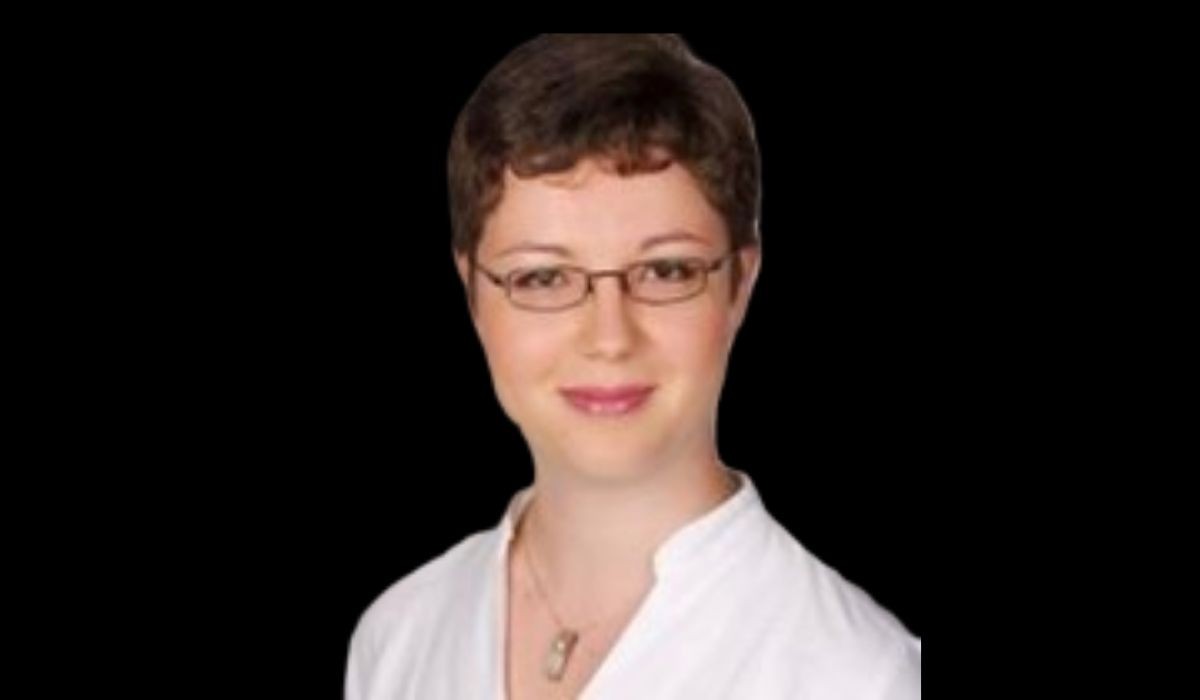Anna has published a paper that challenges basic assumptions about accurately measuring concentrations of RNA
Dr Anna Git is the Director of Studies for Biological Science and SRA group leader at the Department of Biochemistry, as well as Visiting Scientist at CRUK Cambridge Institute. Anna's paper Enzyme- and gene-specific biases in reverse transcription of RNA raise concerns for evaluating gene expressions is published in Scientific Reports.
The analysis of gene expression (the activity of specific genes) underpins every aspect of modern biomedical research from infection through to cancer. In the last two decades it has progressed from single-gene to genome-wide approaches. Typically, the cellular RNA is converted to DNA, and the relative abundance of individual genes is measured by quantitative PCR (e.g. current testing for SARS-Cov-2) or by next-generation sequencing (commonly applied in cancer studies). Substantial effort has been invested in the assurance of standards for these techniques, including their linearity, positive and negative controls, normalisation of data and the recognition of inherent biochemical and computational biases. In contrast, the initial essential step “converting” the RNA to measurable DNA, has not been scrutinised with the same rigour, and is not subject to an accepted best practice. The prevalent practice still assumes that protocols recommended by the various manufacturers of reagents ensure uniform and reliable synthesis of DNA. Over the past decade, we have accumulated anecdotal, and often contradictory, experience regarding non-linearity and biases of RNA-DNA conversion. In a series of purpose-designed experiments, we systematically demonstrate that the bias introduced is far greater than is commonly assumed, and propose improved practices which can easily be integrated into existing frameworks.
About Dr Anna Git
Anna Git is the Director of Studies for Biological Science and SRA group leader at the Department of Biochemistry, as well as Visiting Scientist at CRUK Cambridge Institute. Prior to her current appointment at Lucy, she was a Lu Gwei Djen Research Fellow. Read her full profile here




